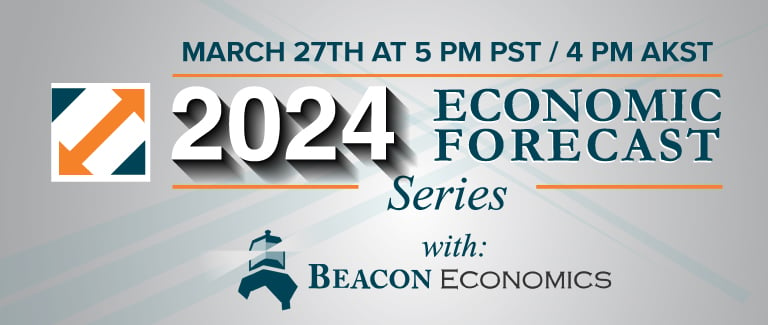Protecting Our Members From COVID-19 Fraudsters
Unfortunately, during times of crisis fraudsters often use the emergency to prey on people’s fears. The COVID-19 Coronavirus crisis has brought forth a number of fraudsters who are attempting to leverage the public’s fears as opportunities to scam financial institutions and consumers.
Nuvision Credit Union is taking steps to warn and protect our members.
Earlier this month we posted our first Coronavirus-related scam alert, where fraudsters were posing as the World Health Organization workers in an attempt to steal people’s personal information. Now, we are learning that variations of that scam include criminals posing as the CDC Health Alert Network to steal personal information.
In response to these scams, The Center of Disease Control and Prevention (CDC) and the World Health Organization (WHO) have issued alerts to consumers to be on the lookout for individuals posing as the organizations.
“The best practice in avoiding scams and hackers is to not click on any links in emails you were not expecting or you did not request,” the message says. “Just delete the email.”
We have also learned that Credit Unions from around the country have seen an increase in members receiving phone calls or text messages that appear to be from the credit union, asking for personal and online banking information. We want to remind you that phone numbers can be spoofed and that nobody from Nuvision Credit Union would ever call you to ask for passwords or personal information. If you receive one of these calls or texts, please call us directly at 800-444-6327.
Attorney General William Barr directed federal officials this week to prioritize investigations of fraudsters who are using the coronavirus pandemic to scam the public. In a memo sent to US attorneys nationwide, Barr said "The pandemic is dangerous enough without wrongdoers seeking to profit from public panic and this sort of conduct cannot be tolerated," Barr wrote. "It is essential that the Department of Justice remain vigilant in detecting, investigating, and prosecuting wrongdoing related to the crisis."
Tips on Protecting yourself from Coronavirus-related Scams
- Be aware of Phishing emails and social media scams: Do not click on links in emails or on social media from unknown sources. Fraudsters are attempting to use the public’s fear to get them to click on fake websites that can contain malware.
- Be cautious of emails or phone calls from unknown sources or people asking for personal information or passwords.
- Be cautious of any email that claims to be from the Centers for Disease Control and Prevention, the World Health Organization, or any other government health agencies saying they have information about the virus. For the most up-to-date information about the coronavirus, check the CDC and World Health Organization sites.
- You can sign up for consumer alerts about scams from the Federal Trade Commission or report suspicious claims to the agency at ftc.gov/complaint
Nuvision Credit Union takes fraud and fraud protection very seriously, for more information on protecting yourself from these threats, you can follow our Fraud and Scam Protection Blog Here.




